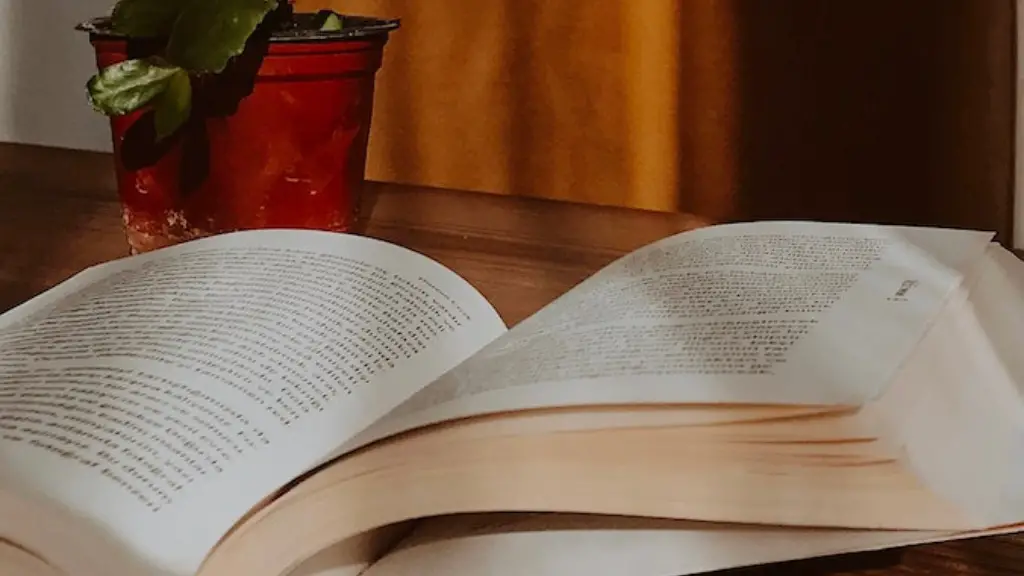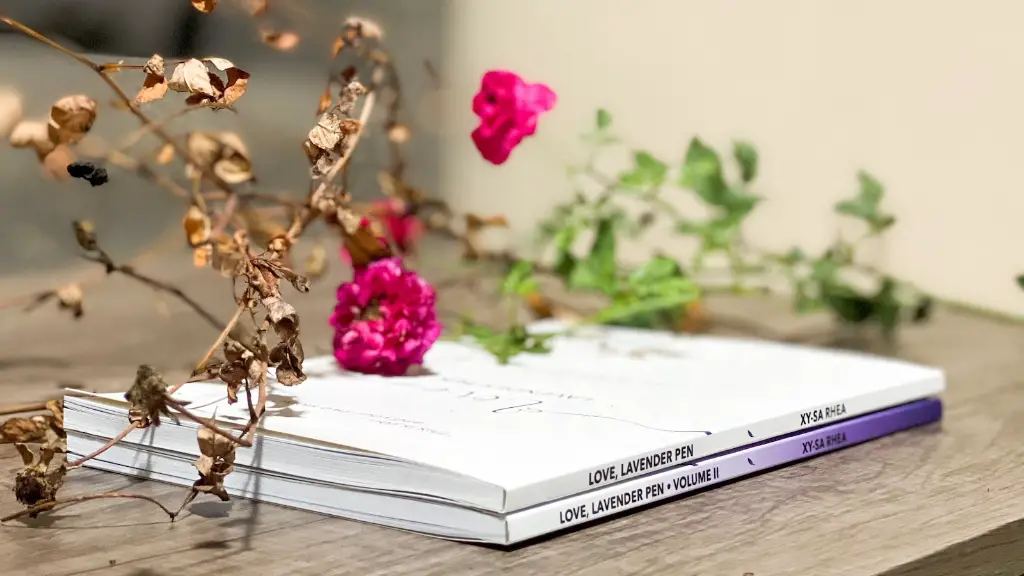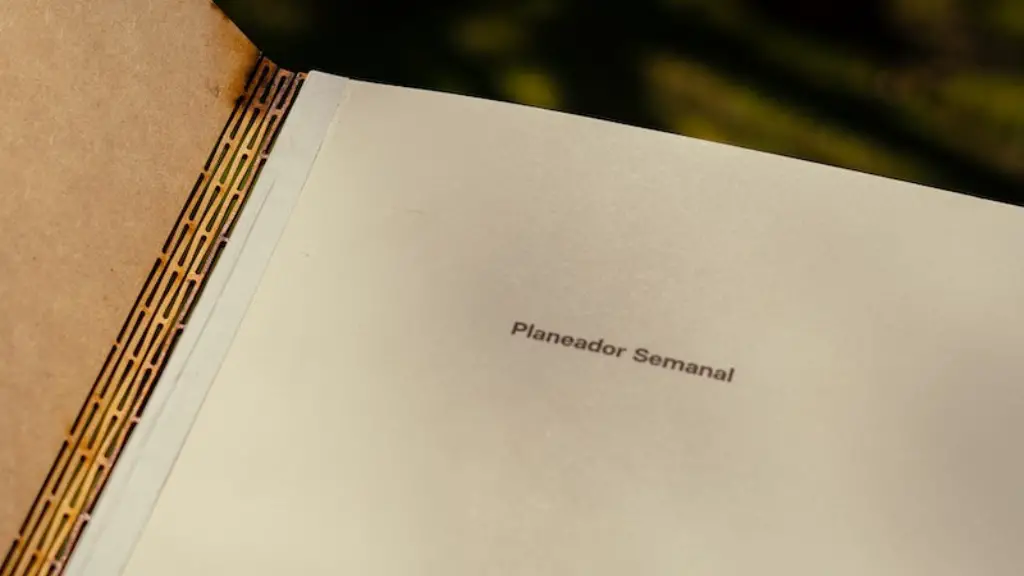With its intriguing rhythms and elusive metaphors, poetry has captivated readers for centuries. Its captivating forms have explored the deepest thoughts and feelings of humanity. On the other hand, prose has played a major role in shaping our civilization and culture. But what is the difference between prose and poetry? And which is the “better” form of writing?
The main difference between prose and poetry lies in their form. Prose is written in the form of sentences and paragraphs and follows a logical progression. It is based on facts and conveys thoughts in a less stylized and organized way than poetry. Poetry, on the other hand, uses a formal structure, often based on rhyme and meter. It often relies on strong emotion and metaphor to convey complex ideas.
The debate as to which form is “better” is highly subjective. There are many experts who argue that poetry is a more powerful form of writing than prose. They argue that poetry is able to capture the very essence of a situation in a few words while prose can take paragraphs to convey the same meaning. Furthermore, they say that poetry has the power to evoke deep emotions in the reader in a way that prose cannot.
However, others argue that prose is a more effective way of conveying thoughts and ideas. They argue that while poetry has the power to stir emotion in a way that prose cannot, prose has the ability to give full clarity of a situation, allowing the reader to draw their own conclusions.
Ultimately, the choice between prose and poetry is one of personal preference. Each form of writing has its own unique strengths and weaknesses that appeal to different types of readers. No one form can be considered “better” than the other.
Pros of Poetry
One of the advantages of poetry is its ability to capture powerful emotions with few words. Poetry has the power to stir powerful memories and evoke strong emotions in the reader, often with just one line. It can also be used to express complex ideas in a concise and poetic way, which is more engaging than prose.
Poetry, unlike prose, also has a strong connection with music. Its lyrical quality has proven to be highly effective in conveying ideas and emotions in a more creative and impactful way.
Moreover, poetry often provides a deeper insight into a particular event or emotion, allowing the reader to gain a more complex understanding of the subject at hand. Its use of metaphor and symbolism can help communicate important messages in an effective way that prose cannot.
Pros of Prose
An advantage of prose over poetry is the detailed explanation it provides. Unlike poetry, prose does not require the reader to draw their own conclusions from underlying symbolism. Rather, it provides a straightforward explanation of events or ideas, allowing for a more thorough understanding of the subject.
Another advantage of prose is its ability to convey information in an organized fashion. Prose use facts to support an argument in a clear, logical way, thereby helping to build an engaging narrative or story. This is particularly helpful when conveying complicated topics or when writing lengthy essays.
Furthermore, prose is able to convey a great deal of information in a relatively short amount of time. It doesn’t require the reader to spend a great deal of time deciphering the underlying meanings behind poetic devices or metaphors.
Cons of Poetry
One of the disadvantages of poetry is that it can be difficult to understand. Its use of symbolism and metaphor can make it difficult for some readers to understand the underlying message. In addition, its reliance on feedback forms can make it difficult to convey complex ideas in an accessible way.
Another disadvantage of poetry is that its success can often depend on how it is received by the reader. A poem can be incredibly powerful and meaningful for one person, but completely lacking in impact for another.
Finally, the specific form and structure of poetry can make it difficult to convey long passages of information or complicated ideas. While prose can easily be used to tell stories or to explain in great detail, poetry’s limited form and structure can make it difficult to do the same.
Cons of Prose
One of the drawbacks of prose is its lack of emotion. While prose can be used to convey facts and ideas in a clear and logical way, its lack of poetic devices and reliance on facts make it difficult to impart depth of feeling.
Furthermore, prose can often be overly long, leaving readers feeling overwhelmed with the sheer amount of information. The form of prose can also be limiting, as it restricts the writing to sentences and paragraphs and does not allow for the free-form expression found in poetry.
Finally, prose can often be monotonous and dull, particularly if the author does not possess a talented writing style. While it can be used to convey factual information in an organized way, its use of lengthy sentences and paragraphs can make it difficult to keep the reader’s attention.
The Verdict
Ultimately, it is difficult to declare one form of writing “better” than the other. Each form has its strengths and weaknesses, and what appeals to one reader may not appeal to another. What is important is that no matter which form of writing one chooses, the writing should be interesting, engaging and enjoyable for the reader.
So, which is better – prose or poetry? The answer is, it depends. The best form of writing for a particular situation depends on the writer’s style, the topic and the intended audience. What is certain is that both forms of writing have the power to inform, engage and entertain, and that is what ultimately matters.




